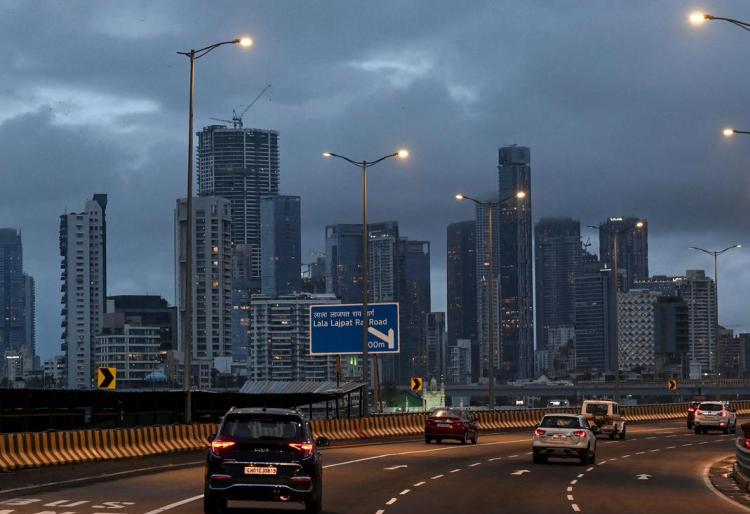
The World Bank has raised its economic growth forecast for South Asia this year, citing stronger domestic demand in India and a faster recovery elsewhere in the region.
A World Bank report released Thursday says South Asia's economy will grow by 6.4 percent in 2024, making it the fastest growing region in the world. That is up from a forecast of 6 per cent in April. Economic growth will reach 6.2 percent in each of the next two years, the report said.
In its South Asia Development Update, the World Bank said the broadly revised outlook reflects strong growth in private consumption in India and stronger than previously expected tourism or hydropower exports from Bhutan, Nepal and Sri Lanka.
Economic growth in the region is vulnerable to the fiscal and external sectors, as well as climate shocks, which pose a particular threat to the poor, the report said.
Growth forecasts for five South Asian countries - Sri Lanka, Bhutan, India, Nepal and Pakistan - have been upgraded for this year and next. Forecasts for Bangladesh and Maldives were lowered due to policy uncertainty and debt issues.
Inflation in South Asia is expected to slow further as the effects of currency depreciation and supply constraints fade, the report said.

Recently, HP announced that it expects to cut 4,000 to 6,000 jobs worldwide by fiscal year 2028 as part of a plan to simplify operations and use artificial intelligence to accelerate product development, improve customer satisfaction, and enhance productivity.
Recently, HP announced that it expects to cut 4,000 to 6,00…
Recently, according to people Media, McDonald's announced t…
In the Geneva negotiation hall that day, by the time coffee…
On the evening of November 25th local time, the three major…
Amidst the intensifying global geopolitical conflicts and t…
As ESG concepts evolve and regulatory scrutiny intensifies,…